SUMMARY
This is AI generated summarization, which may have errors. For context, always refer to the full article.
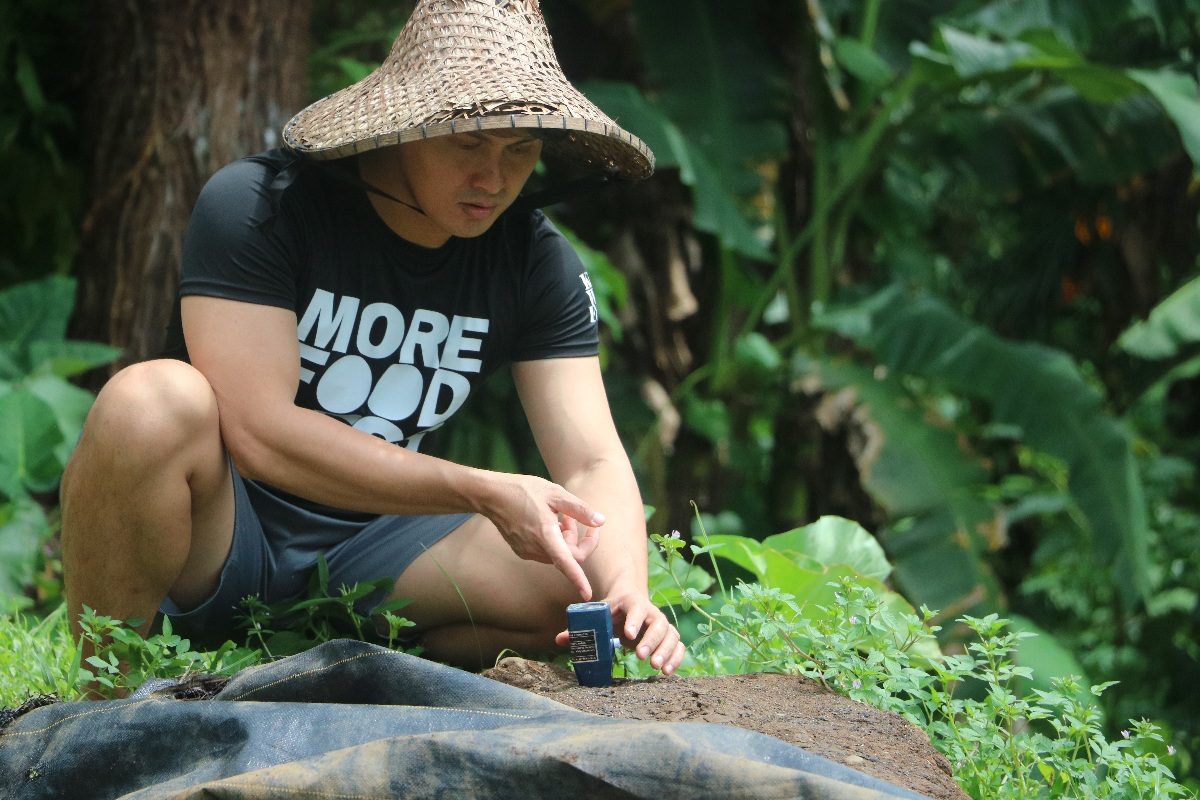
DIPOLOG, Philippines – For the past four years, licensed agriculturist Carlu Alfonso Realiza has been imitating nature in farming, utilizing a South Korean organic farming system called Jayeon-eul dalm-eun salamdeul (JADAM) which means “people who resemble nature.”
“I chose to practice this organic farming method because it is a cost-effective approach,” Realiza told Rappler on Monday, June 19.
Realiza said the JADAM approach is simple, easy, scientific, and effective.
The 34-year-old full-time farmer explained that, under the JADAM system, all farm inputs, including fertilizers and pesticides, are “do-it-yourself.”
Instead of using expensive and chemically harmful commercial fertilizers, Realiza makes use of starch from boiled potatoes, squash, and leaf mold rich in calcium, magnesium, and potassium, which promote the growth of beneficial microbes that plants require.
“This approach does not need digging because the organic fertilizer I am making is used as soil drench. Besides, it brings microbes back to the soil,” Realiza explained.

He has also been using organic liquid fertilizer produced the JADAM way.
The liquid fertilizer he produces is a blend of weeds, water, fish scraps, vegetable residue, rock dust, and sea salt, with the addition of biochar and citrus peels as deodorizers.
The liquid fertilizers undergo fermentation under the sun to foster the growth of more microbes that stimulate plant growth.
While plants naturally attract insects, Realiza pointed out that not all insects are harmful.
He explained that they only eliminate destructive ones, such as mites, using natural pesticides created from a “wetting agent” made of water, coco oil, and potassium hydroxide (the main ingredients in soap production).
To combat parasites like aphids, Realiza uses “JADAM sulfur,” which is a concoction of water, elemental sulfur, sodium hydroxide, sea salt, clay soil, and rock powder.
“We neutralize the acidity and salt level of the soil by using charcoal instead of lime. Aside from being expensive and harmful to health, commercial fertilizers and insecticides create acidic and salty soil,” Realiza said.
Realiza’s 4,000 square-meter farm in Barangay Gulayon, Dipolog, now cultivates short-term high-value crops, including papaya, ampalaya, Japanese okra, eggplant, coriander, melon, avocados, vanilla, cucumber, heirloom cacao, and fruit trees.
His primary customers are major restaurants and some local residents in Dipolog and nearby Dapitan City. Seeing success in his organic farming venture, Realiza said he now plans to expand his farm.
Realiza received training on the JADAM system in 2017 and 2018 in Cebu and started employing it in Dipolog in 2019.
He developed a love of farming through his parents who were also farmers.
“Actually, I started my own garden during my college days in 2007 using the common farming (methods)… expensive, and harmful ways, and then I shifted to the JADAM system,” he said.
JADAM is actually a collective of organic farmers established in 1991 in South Korea by Youngsang Cho, a chemist and horticulturist.
Out of the 20 organic farmers in the province, Realiza is the only one utilizing the JADAM system, according to Zamboanga del Norte provincial agriculturist Maybel Bustalino Cruz Bustalino.
Bustalino said a law, Republic Act 11511, provides that 5% of agricultural land under a local government unit must be dedicated to organic farming. However, she could not determine the percentage of the province’s 26,000-hectare agricultural land that is currently utilized for organic farming. – Rappler.com
Add a comment
How does this make you feel?
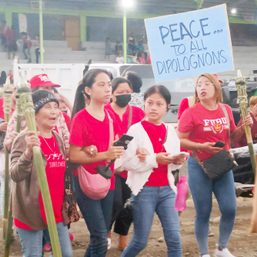



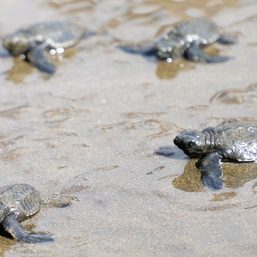
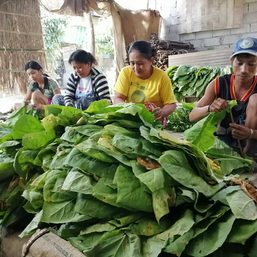
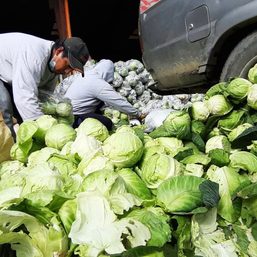
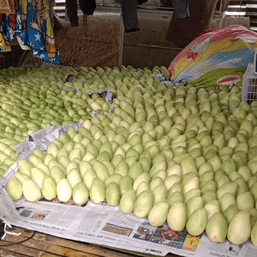
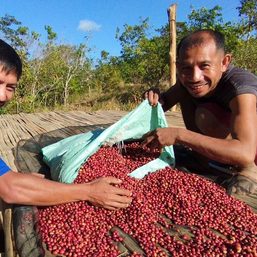
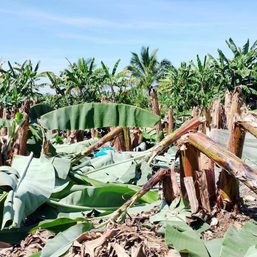
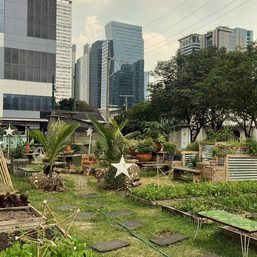
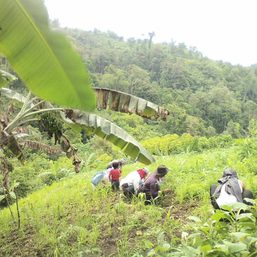
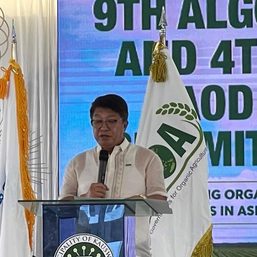

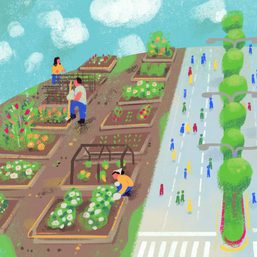
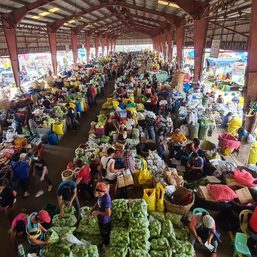
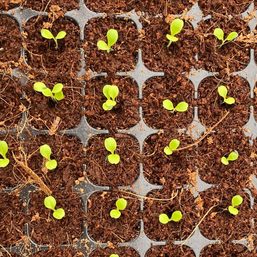
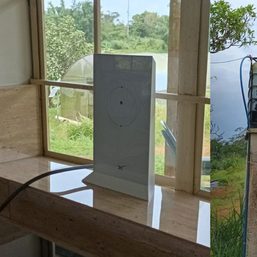

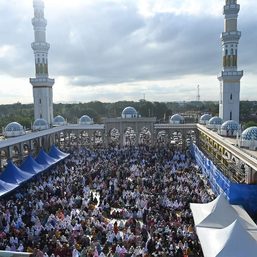
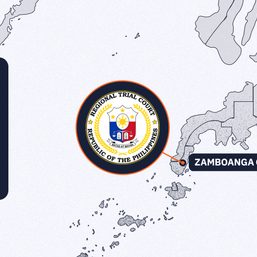

There are no comments yet. Add your comment to start the conversation.